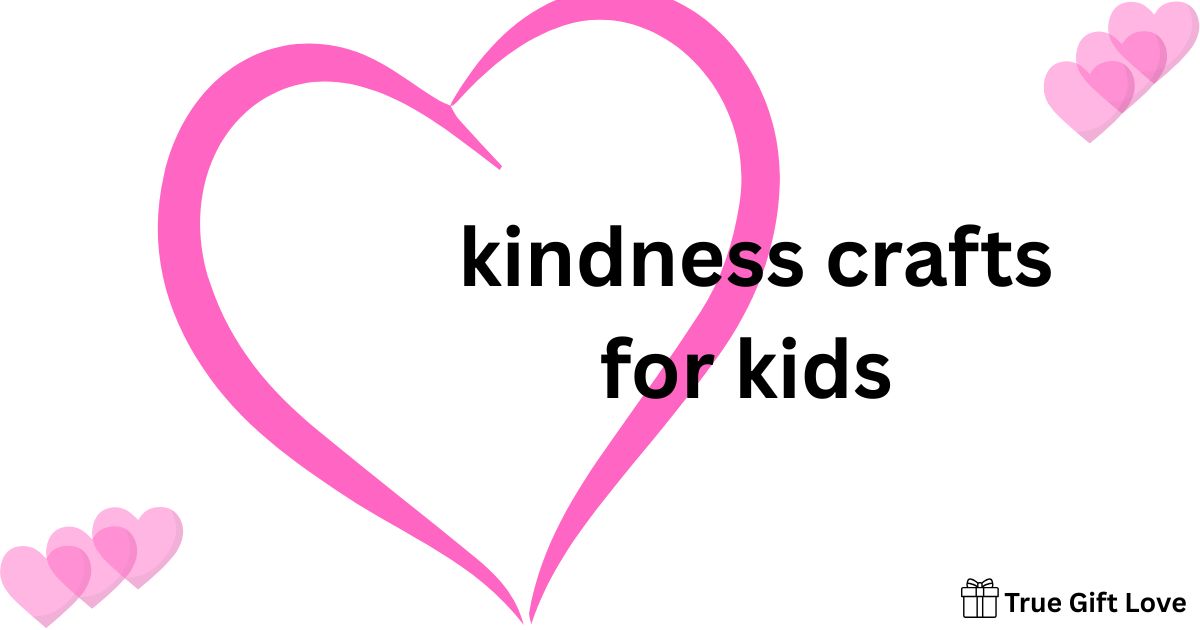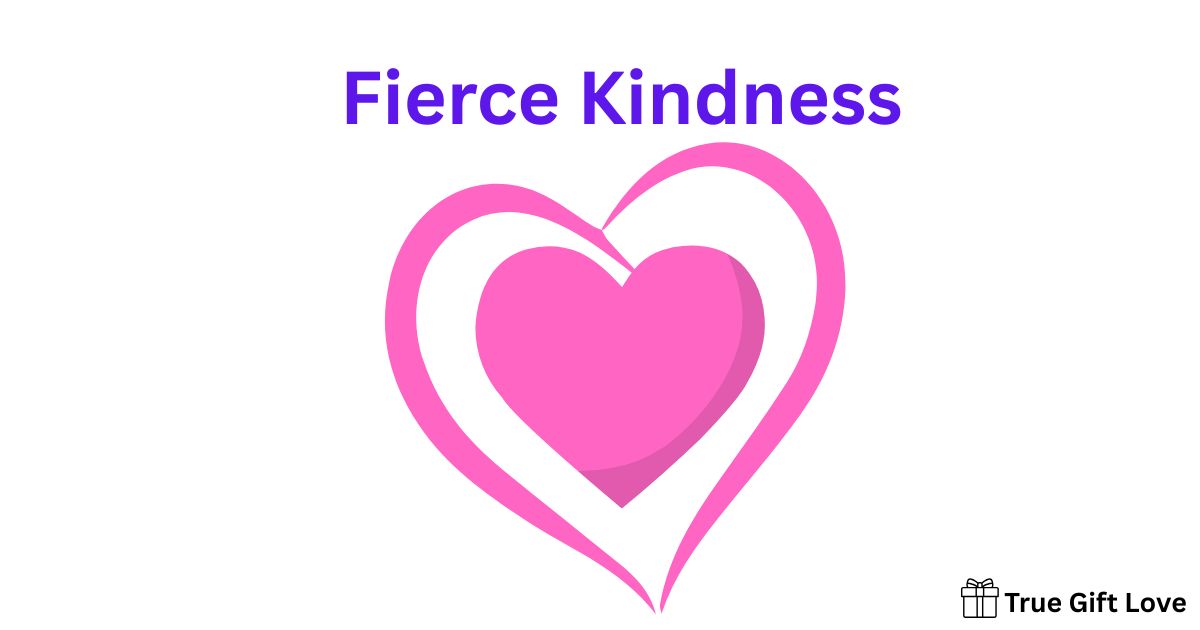Never doubt that a small group of thoughtful, committed citizens can change the world; indeed, it’s the only thing that ever has….. Margaret Mead
A Story About Small Acts with Big Ripples
When I was a child, I remember a simple classroom game called Secret Helper. Every week, our teacher would secretly assign each of us someone to quietly help by sharing crayons, holding a door, or saying something kind. By Friday, we’d guess who our helper was.
It was such a small game. Yet, years later, I still remember how it felt to be seen, even in quiet moments. That game wasn’t just about kindness; it taught me empathy, awareness, and the invisible strength that comes from caring about others.
Today, our world needs that lesson more than ever. We live in a time when compassion often competes with comparison, and where children learn early how to win but not always how to connect. That’s why kindness games for kids matter: they remind us that kindness isn’t just a nice idea. It’s a skill, a mindset, and a movement.
What Kindness Games for Kids Really Mean
When we talk about kindness games for kids, we’re not just talking about playtime. We’re talking about building emotional intelligence, empathy, and courage through laughter, teamwork, and creativity.
Kindness games create moments where children experience compassion rather than just hear about it. They practice sharing, listening, and celebrating others, turning abstract values into joyful action.
Whether it’s a classroom kindness game, a family night challenge, or an outdoor activity that builds empathy, every small act helps children understand one simple truth:
Kindness is powerful because it connects us…..not in theory, but in practice.
Why Self-Acceptance Is the Heart of Growth
It’s hard to be kind to others when you’re at war with yourself.
Many of us, along with our children, struggle with self-acceptance. We chase perfection, compare ourselves to others, or believe we’re not “enough.
But self-kindness is not weakness. It’s the foundation of all positive change.
When children learn to accept themselves, including their flaws and fears, they begin to build genuine confidence. And confidence rooted in compassion is what makes kindness sustainable.
Owning our story and loving ourselves through that process is the bravest thing that we will ever do……Brené Brown
Teaching kids to say, I made a mistake, but I’m still worthy, is a radical act of love. It teaches them to treat others with the same understanding.
In classrooms, this might look like celebrating effort over outcome. At home, it might mean validating feelings instead of rushing to “fix” them. Through classroom kindness games and activities, teachers and parents can help children replace self-criticism with curiosity, shame with growth, and comparison with gratitude.
How Individual Actions Shape a Kinder Society
Every act of kindness, no matter how small, ripples outward. When one child learns to help a sad friend, they begin to understand empathy. That empathy grows into respect, and respect grows into community.
Service to others is the rent you pay for your room here on Earth. — Muhammad Ali
Kindness is contagious not just emotionally, but neurologically. Studies show that witnessing kindness releases serotonin and oxytocin in both the giver and observer, promoting feelings of connection and safety.
Imagine a classroom, playground, or family that chooses kindness every day. Those children become the future leaders, artists, teachers, and citizens who make decisions grounded in empathy, not ego.
When we play it forward, we teach kids that changing the world doesn’t require fame, money, or perfection. It just takes consistency, one kind game, one kind word, one kind choice at a time.
Practical Ways to Practice Fierce Kindness Daily
Fierce kindness is kindness with courage, the kind that stands up for inclusion, justice, and compassion even when it’s not easy.
Here are simple, powerful ways to help kids (and adults) embody fierce kindness every day:
1. The Compliment Circle
Sit in a circle. Each person gives a kind, specific compliment to the person beside them. It encourages vulnerability, gratitude, and empathy, perfect for group kindness games for students or family nights.
2. The Empathy Walk (Outdoor Game)
Pair children up and have them walk together, sharing a story or feeling. The partner’s job is to listen without interrupting, only asking gentle questions. This outdoor game builds empathy and strengthens emotional connection.
3. The Kindness Scavenger Hunt
Create a checklist: “Find someone to help,” “Write a thank-you note,” or “Give someone a smile.” This works wonderfully as an indoor kindness activity for rainy days or as a printable kindness game for teachers to use in class.
4. Team Gratitude Challenge
Divide into small groups. Each group writes five things they’re grateful for as a team, focusing on people, not things. It’s a great game that promotes compassion and teamwork.
5. The Kindness Jar (Family Version)
Every time someone does something kind, big, or small, they write it down and place it in the jar. At the end of the week, read them together during family night kindness games.
Best Kindness Games for Character Education
Kindness is the cornerstone of character education. Through play, kids internalize what empathy, fairness, and respect look like in real life. Here are a few tried-and-true games teachers love:
- Secret Kindness Agent – Assign each student a secret kindness mission for the week. Reveal their acts on Friday.
- Kindness Bingo – Each square has a kind act to complete. When the class fills the board, celebrate with a group reward.
- Pass the Praise – Each student says one kind thing about the next person before passing a ball.
- Kindness Chain – Add a paper link for every kind act until you have a long classroom chain of compassion.
These classroom kindness games and activities don’t just fill time; they fill hearts.
Journaling Prompts for Reflection
Encourage students (or yourself) to pause and reflect on the power of kindness with these journaling prompts:
- What’s one kind thing someone did for me this week? How did it make me feel?
- When was it hardest for me to be kind? What can I learn from that?
- How can I show kindness to myself today?
- What’s one way I can stand up for kindness when others don’t?
- How can my small actions make my classroom, home, or community a better place?
These questions help transform kindness from an action into a mindset, something lived, not just learned.
Words to Inspire Courage and Compassion
Kindness is the language that the deaf can hear and the blind can see.— Mark Twain
I am no longer accepting the things I cannot change. I am changing the things I cannot accept. — Angela Davis
We must dare to be ourselves, however frightening or strange that self may prove to be. — May Sarton
Each of these quotes reminds us: kindness is not passive. It’s a courageous choice — to listen, to care, and to act even when it’s inconvenient.
Frequently Asked Questions (FAQ)
1. What are kindness games for kids?
Kindness games are playful, interactive activities designed to help children practice empathy, compassion, and teamwork. They teach social-emotional skills in a fun, hands-on way, making kindness an everyday habit.
2. How can I teach kindness through games?
You can teach kindness through cooperative play, storytelling, and group challenges that focus on helping, sharing, and understanding others’ feelings. Try games like Kindness Bingo or Secret Helper to build empathy in classrooms or at home.
3. Why are kindness games important in education?
Kindness games promote emotional intelligence, reduce bullying, and create a more inclusive classroom environment. They support character education by helping children value respect, gratitude, and compassion.
4. What are some good classroom kindness games and activities?
Try The Compliment Circle, Pass the Praise, or a Kindness Chain. These classroom kindness games and activities help students celebrate positive behavior and create stronger peer connections.
5. Are there indoor kindness activities for rainy days?
Yes! Try Kindness Scavenger Hunts, Mirror Talk, or Compliment Tag. These indoor activities keep the kindness energy alive even when outdoor play isn’t possible.
6. How do outdoor kindness games build empathy?
Outdoor games encourage teamwork and connection with nature. Activities like The Empathy Walk or Kindness Relay help kids build trust and awareness of others’ emotions through physical play.
7. How can families practice kindness together?
Families can host a Kindness Family Night, play The Kindness Jar game, or write thank-you notes together. These moments strengthen bonds and show children that kindness begins at home.
8. What’s the link between self-kindness and kindness to others?
Children who learn self-acceptance are more likely to be compassionate toward others. When kids understand that mistakes are part of growth, they respond with empathy rather than judgment a vital lesson in fierce kindness.
Conclusion: Changing the World Begins with You
Kindness isn’t something we wait for; it’s something we create. Every time a child plays a kindness game, every time an adult models patience or compassion, the world shifts a little.
Start small. Start today.
Teach your children and remind yourself that kindness is not weakness. It’s power in its most graceful form. It takes strength to forgive, courage to care, and love to listen.
The best way to find yourself is to lose yourself in the service of others.— Mahatma Gandhi
When we play it forward, we build more than good manners — we build a movement of empathy, hope, and humanity.
And it all starts with a simple choice:
Be kind. Fiercely, consistently, and joyfully.




